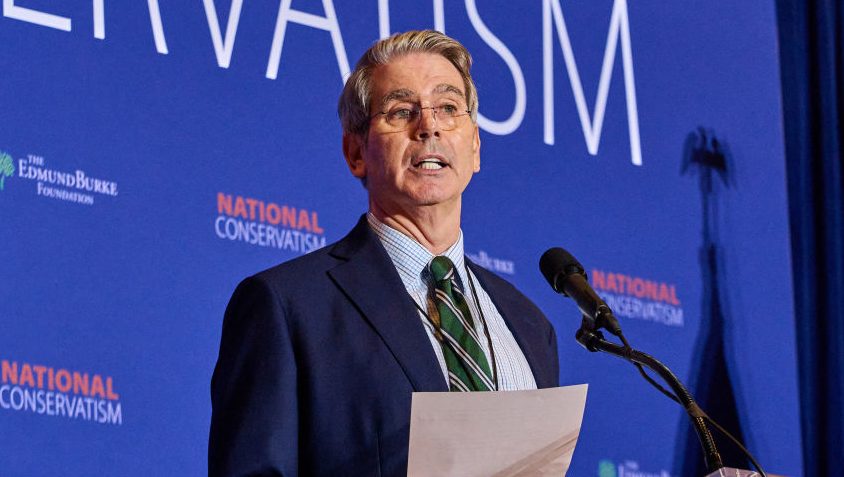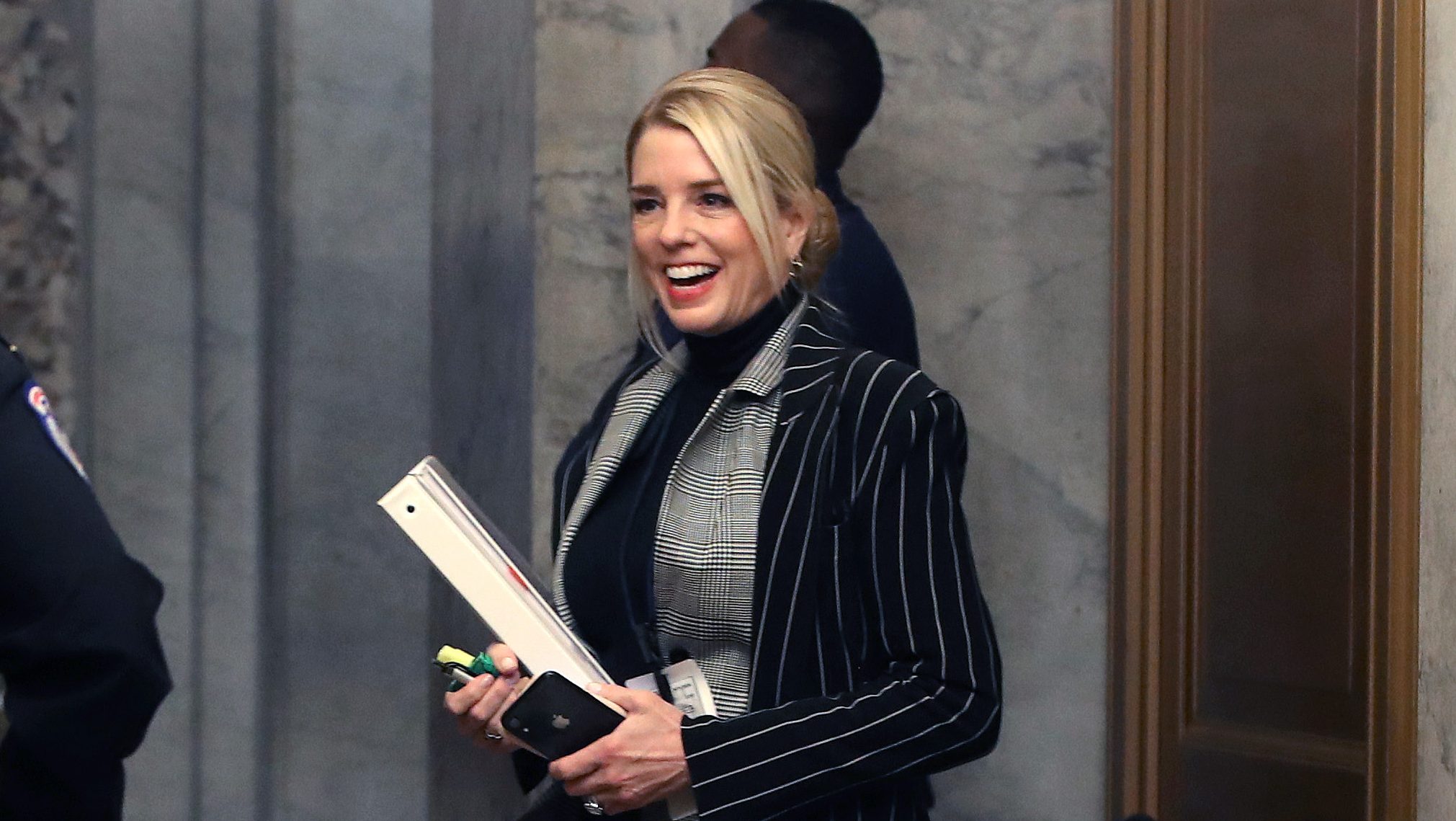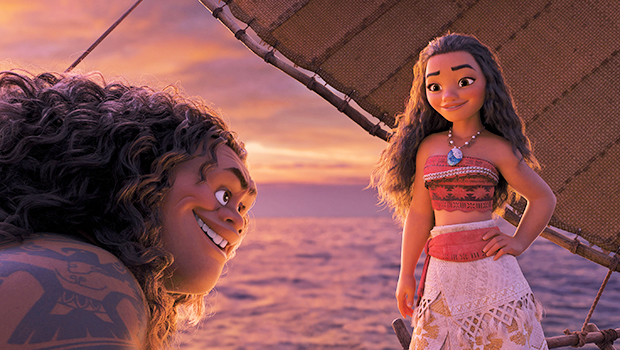Oscar-nominated documentary filmmaker Lucy Walker started a Saturday panel dialogue on tales that journey by describing her personal wanderlust backstory.
“As a lady rising up in London, I didn’t come up with the money for to journey. And I didn’t assume being on trip was essentially the most attention-grabbing technique to see the world. And but I actually wished to journey and work and perceive folks, so I’ve designed myself a job making documentary movies the place I get to journey the world,” mentioned Walker, who arrived on the Worldwide Movie Competition of India in Goa having earlier this week received one other award, in New York, for her Nepal-set story “Mountain Queen: The Summits of Lakhpa Sherpa.”
“Once I make a movie, I at all times have a query, one which I’ll drop the whole lot to seek out out about: what’s going to occur? Will they have the ability to climb the mountain? Will they be okay?,” Walker continued.
She was talking on a panel alongside author and commissioner Farrukh Dhondy, producer Anna Saura, actor Tannishtha Chatterjee, actor and activist Vani Tripathi Tikoo and veteran producer Bobby Bedi.
After suggesting that almost all filmmakers in India don’t assume exterior of nationwide borders, Bedi sought to interrupt down the elements of frontier-crossing narratives into content material and construction.
“Some tales will at all times have a global viewers, these of displacement, romance, shut household relations – all of us perceive these, [and which are epitomized by] Mira Nair’s ‘Monsoon Marriage ceremony.’ Then there may be the shape,” Bedi prompt.
He tried to impress a response by describing “Avatar” as “a small tribal story” that will get instructed on a multi-million-dollar scale.
Walker was the one speaker who joined Bedi in exploring the problem of scale. “Typically folks strategy me and say, this is essential subject. Please make a movie about it. I’ve made that mistake a few occasions. However I’ve actually discovered that if I take an enormous subject and attempt to flip it into a movie that folks need to watch, it’s a actually uphill battle,” mentioned Walker. “That’s as a result of tales are inherently our narrative. We care about folks, following them, and may get entangled. It’s a lot simpler to care about one individual than an entire lot of individuals.”
Tikoo additionally tried to outline the which means of storytelling. “Tales are literally this stuff which don’t have any boundaries. They attain out to one another for love, emotion, grief, unhappiness [..] They are often in any language, they are often in any nation, however will probably be the language of that universality which speaks to one another, whether or not the shape is theatre or cinema or pure writing. It may be sheer gold,” she mentioned.
Dhondy introduced the loftiest evaluation of the issue, variously citing Indian mythology, Greek mythology, veteran Indian actor and filmmaker Raj Kapoor and the enduring Satyajit Ray.
“Kapoor’s movies have been about how the peasantry, the city poor, fought for existence, fought for development. The villains have been at all times the lads in fits. His movies received prizes not in St Petersburg or Moscow, however within the poorer locations the place they might establish with the peasantry of the Soviet Union,” he mentioned.
Dhondy was additionally essentially the most bitingly political of the panellists. “Sanskrit says that each one humanity is one household. However I’d relatively not belong to the identical household as Trump or Netanyahu,” he mentioned at one level.
Chatterjee defined the distinction between story-telling in India and abroad. “India could be very tv pleasant. Theatrical cinema is loud and celebratory. It is rather apparent. Within the west feelings are extra delicate,” she mentioned. “However the extra they are often native and particular and [combine] a common theme, the extra they will journey.”
Dhondy summed up the native versus common dichotomy that a number of of the audio system touched on and drew gasps and laughs together with his sting within the tail.
“That common theme is maybe finest illustrated not by a movie, however a music, a music style referred to as reggae. Bob Marley’s songs are extraordinarily particular to Trench City [Jamaica]. However when Marley says, ‘No Lady, No Cry,’ all people on this planet understands what he’s speaking about. When he says, ‘Rise up, arise. Rise up in your rights,’ even any person like Elon Musk thinks he’s standing up for his rights, combating the unions as a result of I must be a billionaire.”
The post Goa Panel Provides Divergent Opinions on Which Tales Can Journey appeared first on Allcelbrities.








